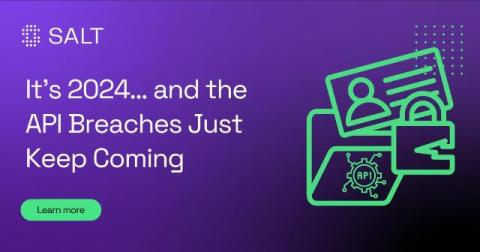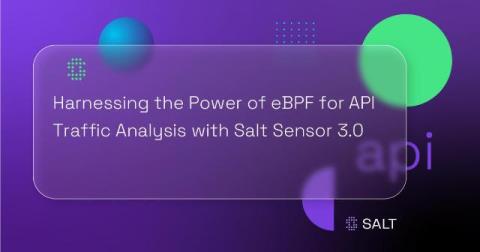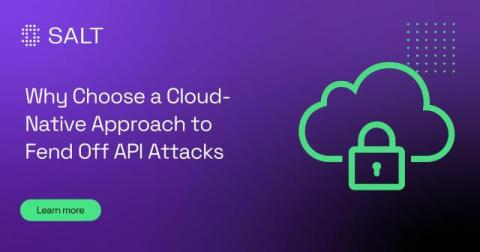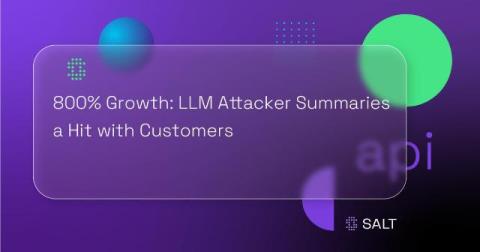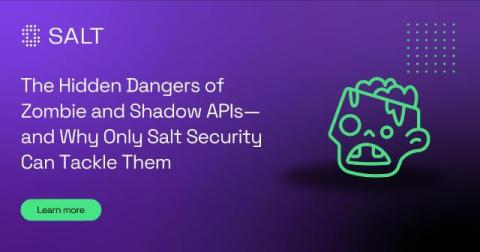Founder's Corner: Episode 1
Welcome to Episode One of Salt Security’s New Series: Founder’s Corner This series will share insights and conversations from founders on markets, technology, trends, and other interesting topics of the day. Starting off the series with Salt’s Co-Founders, Roey Eliyahu and Michael Nicosia, as they talk about how they became founders, what inspired them to start Salt Security, where the name came from, and the future of API Security.




